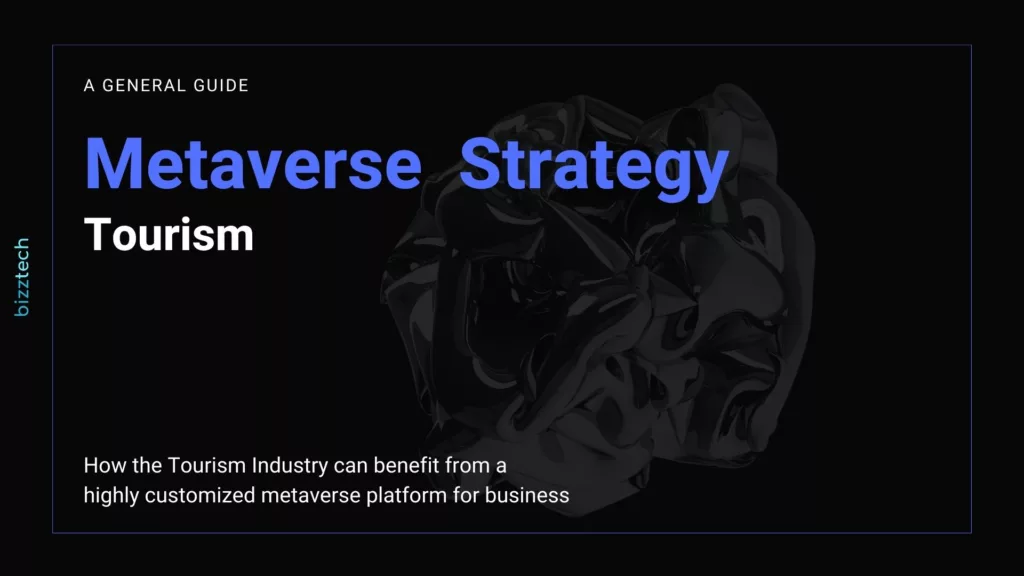
The Metaverse: A Game-Changer for the Tourism Industry
The concept of the metaverse, once confined to the realms of science fiction, is now a reality reshaping industries, particularly tourism. The metaverse presents a unique opportunity for the tourism sector to enhance customer experiences, optimize operations, and create new revenue streams. In this article, we’ll outline a comprehensive strategy to harness the potential of a tailored metaverse platform for the tourism industry.
1. Immersive Destination Previews: Give Travelers a Virtual Tour
Instead of committing blindly to a trip, tourists can now explore destinations within the metaverse. This immersive experience enables them to acquaint themselves with the place, assess its attractions, and make well-informed decisions. Think of it as a test drive before embarking on the actual journey.
2. Interactive Travel Planning Sessions: Revolutionizing Travel Agency Services
Travel agencies can leverage the metaverse to offer interactive planning sessions. Tourists can virtually walk through itineraries, make real-time adjustments, and visualize their trips, ensuring personalized and satisfactory travel plans.
3. Virtual Heritage and Museum Tours: Bringing History to Life in the Metaverse
Historical sites and museums can create virtual replicas of their exhibits. This not only caters to those unable to visit physically but also tantalizes potential visitors, enticing them to experience the real thing.
4. Empowering Tourism Professionals: Transforming Training with the Metaverse
The metaverse serves as a training ground for tourism professionals. From virtual hotel management simulations to interactive customer service scenarios, it offers limitless possibilities for hands-on, real-world training in a controlled environment.
5. Collaborative Multiplayer Travel: Travel Together, Virtually
Travelers can invite friends and family to join them in the metaverse, exploring destinations together, even if they’re miles apart in the physical world. This shared experience fosters stronger social connections and makes travel planning a collaborative effort.
6. Metaverse-Hosted Events and Festivals: Global Events Without Boundaries
Organizers can host events, festivals, or conventions within the metaverse, enabling global participation without the constraints of physical location. This can significantly boost attendance and engagement, creating a truly global event experience.
7. Augmented Reality (AR) Integration: Blending the Virtual with Reality
While the metaverse is primarily virtual, integrating AR can bridge the gap between the virtual and real worlds. Tourists can use AR to access real-time information, reviews, or historical context about a site they’re visiting, enhancing their on-ground experience.
Conclusion: The Metaverse – Not a Trend, But the Future
The metaverse is not merely a passing trend; it represents the future of digital interaction. For the tourism industry, it offers a wealth of opportunities for innovation, engagement, and growth. By embracing a customized metaverse platform, stakeholders in the tourism sector can stay at the forefront, providing unparalleled experiences to their customers and setting new industry standards. The future of tourism is virtual, interactive, and limitless. Embrace the metaverse and redefine the possibilities in the world of travel! 🌐✈️🌍